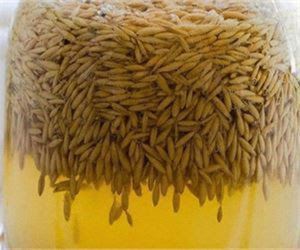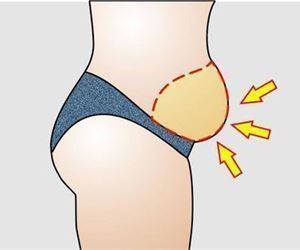Health Benefits of CBD Use
According to a recent survey of 5,000 people, more than 60 percent were taking CBD for anxiety
CBD, short for cannabidiol, has garnered significant attention for its potential health benefits. Here are some of its reported advantages:
Health Benefits Of CBD Use

According to a recent survey of 5,000 people, more than 60 percent were taking CBD for anxiety. Does it help?
The process of making CBD is natural and made by extracting CBD from the cannabis plant, diluting it with a carrier like coconut or hemp seed .
Variants of the Marijuana Plant have been used to treat pain as far back as 2900 B.C.
The human body produces Endocannabinoids; neurotransmitters that bind to cannabinoid receptors in your nervous system.
In one example, a study of rats found that CBD injections reduced pain response to surgical incisions, while another rat study found that oral CBD treatment significantly reduced sciatic nerve pain and inflammation.
"CBD, especially in combination with THC, may be effective in reducing pain associated with diseases like multiple sclerosis and rheumatoid arthritis."
2. Reported Reduction In Anxiety And Depression

Anxiety and depression are growing mental health concern that can have devastating impacts on your health and well-being.
Anxiety and depression are usually treated with pharmaceutical drugs, many of these can cause a number of side effects including drowsiness, agitation, insomnia, sexual dysfunction and headache.
CBD has shown great promise as a treatment for both depression and anxiety, many people who live with these disorders are making the change to this natural approach.
CBD has also shown antidepressant-like effects in several animal studies.
Using CBD has been shown to reduce anxiety and depression in both human and animal studies.
"Using CBD has been shown to reduce anxiety and depression in both human and animal studies."
3. Can Relieve Cancer Related Symptoms

CBD has been shown to help reduce symptoms related to cancer and side effects related to traditional cancer treatment, such as nausea, vomiting and pain.
CBD has been reported to also help reduce chemotherapy-induced nausea and vomiting, the most common chemotherapy-related side effect for those with cancer.
Some test-tube and animal studies have even shown that CBD may have anticancer properties. In one example a test-tube study found that concentrated CBD induced cell death in human breast cancer cells.
Though CBD has been shown to help reduce symptoms related to cancer and cancer treatment, and may even have cancer-fighting properties, more research is needed to assess its efficacy and safety.
"Though CBD has been shown to help reduce symptoms related to cancer and cancer treatment, and may even have cancer-fighting properties, more research is needed to assess its efficacy and safety."
4. Some Users Have Reported Reduction In Acne

Acne is a common skin condition plaguing many adults, it affects more than 9% of the population.
Based on the most recent scientific studies, CBD may help treat acne due to its anti-inflammatory properties and ability to reduce sebum production.
Other studies had similar findings, concluding that CBD may be an efficient and safe way to treat acne, thanks in part to its remarkable anti-inflammatory qualities.
"CBD may have beneficial effects on acne due to its anti-inflammatory qualities and its ability to control the overproduction of sebum from the sebaceous glands."
5. Possible Neuroprotective Properties

Many Researchers believe that CBD's ability to act on the endocannabinoid system and other brain signaling systems can provide benefits for those with certain neurological disorders.
One more study found that CBD significantly reduced seizure activity in children with Dravet syndrome, a complex childhood epilepsy disorder, compared to a placebo.
For example, various studies have shown treatment with CBD improved quality of life & sleep for people with Parkinson's disease.
In one long-term study, researchers gave CBD to mice genetically predisposed to Alzheimer's disease, finding that it helped prevent cognitive decline.
"Though research is limited at this time, CBD has been shown to ease symptoms related to epilepsy and Parkinson's disease. CBD was also shown to reduce the progression of Alzheimer's disease in test-tube and animal studies."
6. Possible Benefits To Heart Health

Recent research into CBD and heart health has linked CBD with several benefits for the heart and circulatory system, including the ability to lower high blood pressure.
One recent study treated nine healthy men with one dose of 600 mg of CBD and found it reduced resting blood pressure, compared to those receiving the placebo.
Researchers have suggested that the stress- and anxiety-reducing properties of CBD are responsible for its ability to help lower blood pressure.
For example, one study found that treatment with CBD reduced oxidative stress and prevented heart damage in diabetic mice with heart disease.
"Though more human studies are needed, CBD may benefit heart health in several ways, including by reducing blood pressure and preventing heart damage."
7. For Help With PTSD

CBD has been used to safely and effectively treat insomnia and anxiety in children with post-traumatic stress disorder.
Many soldiers return home haunted by war and suffer through PTSD, often avoiding certain activities, places or people associated with their traumatic events. The Department of Veterans Affairs is funding its first study on CBD, pairing it with psychotherapy.
CBD is being used effectively for the treatment of PTSD related symptoms
"CBD is being used effectively for the treatment of PTSD related symptoms"
8. Better Sleep And Sleep Disorders

It is reported that 31% of people taking CBD for other conditions such as anxiety or non-cancer-related pain reported improved sleep with CBD.
Other trials of 300 mg of CBD in people with anxiety or depression showed that CBD appeared to preserve sleep architecture, meaning it was unlikely to have any negative effects on sleep quality.
Sleep can be disrupted for many reasons, including depression. Rodents seemed to adapt better to stressful conditions and exhibited less depressive-like behavior after taking CBD, according to a review in Journal of Chemical Neuroanatomy. "Surprisingly, CBD seems to act faster than conventional antidepressants," wrote one of the authors of a new review, Samia Joca, a fellow at the Aarhus Institute of Advanced Studies in Denmark and an associate professor at the University of Sao Paulo in Brazil, in an email interview. Of course, it's difficult to detect depression in animals, but the studies that Ms. Joca and her colleagues reviewed suggested that in models of chronic stress exposure, the mice and rats treated with CBD were more resilient.
"CBD does not appear to interfere with sleep and may help many people achieve better sleep."
9. Treatment Of Epilepsy

A recent study gave 214 people with severe epilepsy 0.9â2.3 grams of CBD per pound (2â5 g/kg) of body weight. Their seizures reduced by a median of 36.5%.
In June 2018, the FDA approved a plant-based formulation of CBD to treat seizures for people 2 years of age and older with Dravet syndrome and Lennox-Gastaut syndrome (LGS), which are two rare forms of epilepsy.
CBD is beneficial for treating certain types of epilepsy.
"CBD is beneficial for treating certain types of epilepsy."
10. Treatment Of Arthritis & Multiple Sclerosis

A study of 47 people with multiple sclerosis examined the effects of taking a CBD for one month. The participants experienced improvements in pain, walking, and muscle spasms. However, the study didn't include any control group and placebo effects cannot be ruled out.
Animal studies showed that topical CBD applications relieve pain and inflammation associated with arthritis with few side effects. The topical application of CBD is beneficial because CBD is poorly absorbed when taken by mouth and can cause gastrointestinal side effects.
Topical CBD may be beneficial at relieving arthritis but no high-quality human studies prove this.
"Topical CBD may be beneficial at relieving arthritis but no high-quality human studies prove this."




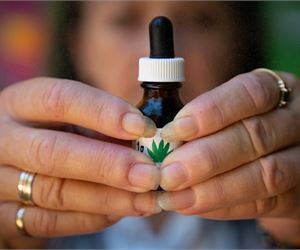
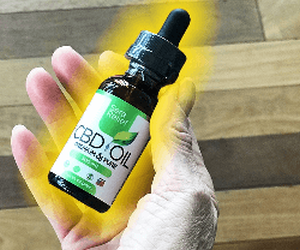




![[Photos] Hot Celebrities](/assets/media/bl-samfox.jpg)



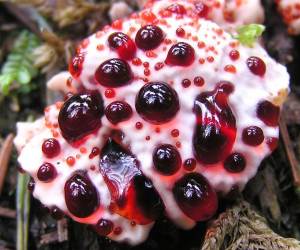
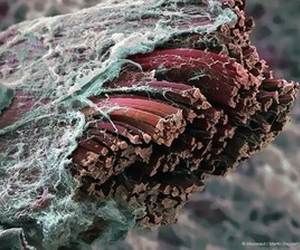


![[Photos] Women Wallpaper Gallery](/assets/media/bl-wallpaper.jpg)






![[Photos] Hottest Celeb Gallery](/assets/media/bl-celeb.jpg)



